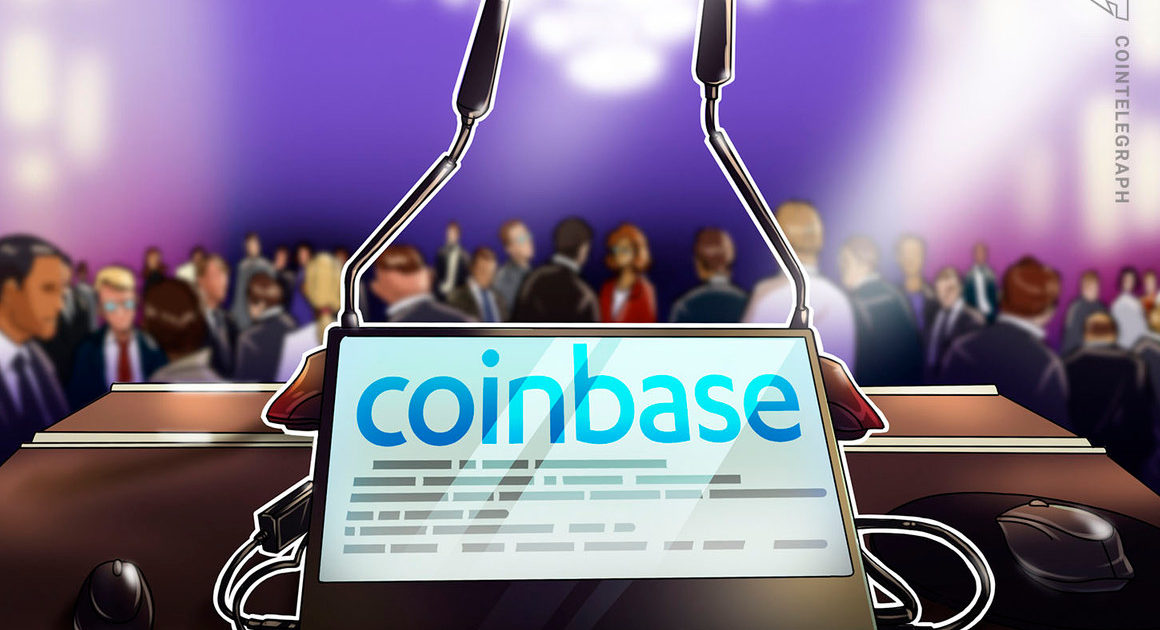Popular cryptocurrency exchange Coinbase recently amassed a panoply of customer service complaints regarding account locking, hacking and even lost funds.
A recent tweet by crypto analyst Kaleo garnered hundreds of comments from users all sharing stories of their unfavorable experiences with the exchange. This isn’t the first time the firm has received public backlash over it’s customer service practices. Back in March, the New York Times told the story of a customer who lost over $100,000 on the platform and went onto sue the company.
Coinbase users have reportedly filed over 11,000 complaints against the platform with the Federal Trade Commission and Consumer Financial Protection Bureau since 2016. The majority of these claims fall under the topic of customer service issues.
Cointelegraph spoke to two industry experts — Bitstamps’ US CEO, Bobby Zagotta and Ledger’s VP of Transactions, Iqbal Gandham — who shared their perspective on the Coinbase saga, a fresh vision for customer service experiences in crypto, as well as the pitfalls of centralized exchanges. Zagotta told Cointelegraph:
“Crypto is experiencing a massive rate of adoption so dramatic that doing customer service right is challenging for everyone. I feel what is happening is that some crypto companies approach customer service like a tech company. What this means, is a lot of MVP products, with automated customer service powered by chat bots. What is missing, is the human element.
Iqbal Gandham, VP of Transactions at Ledger shared his thoughts on the importance of truly owning your crypto assets:
“It seems like the term ‘Not your keys, not your crypto’ will never lose resonance. With so many folks entering the crypto space, we can never have enough education on what it means to actually OWN your crypto. The typically crypto journey narrative has remained the same: Coinbase and others serve as crypto on-ramp for many folks, and down the line, some users eventually learn enough to move their assets into hardware wallets.
In April this year, Coinbase became an industry pioneer as the first crypto exchange to debut on the Nasdaq Stock Exchange. The move fuelled mass enthusiasm across the market, promising to be a catalyst for greater awareness from the traditional markets and in turn, technical price rises for a multitude of assets.
Under the ticker $COIN, shares are currently valued at $260 with a market capitalization of just shy of $68 billion.
Although no significant impact has been witnessed on their share price, this saga has certainly harmed the public reputation of a firm vying to be the benchmark for crypto exchanges as we emerge into the mainstream.
Gandham outlined the benefits of using an external hardware wallet such as a Ledger to store your crypto assets:
“Thanks to the strides the industry has made in mass adoption, we now seem to be entering into a phase where those new to crypto understand their journey should begin with security. Over the recent months, we have seen hacks on exchanges, funds being lost. The best way to prevent this is to take ownership of your crypto. By using a Ledger nano, you ensure that funds can only be sent when you physically sign the transaction.”
Related: US Kraken exchange targets European license in 2021, says CEO
Zagotta shared the steps Bitstamp has taken regarding its customer service experience:
Having access to a real person to help our customers when they need it, is important to us. Our client service team are real people who care about crypto and care about our customers. For example, our average wait time for customer service is only 22 seconds. We’re constantly looking to improve because we believe that a focus on customer experience will drive industry growth and introduce more people to the benefits of crypto.”




